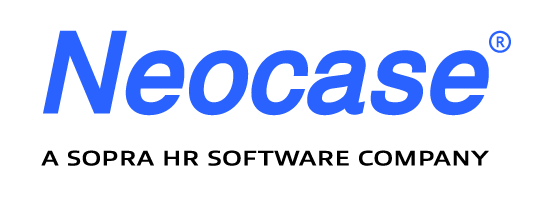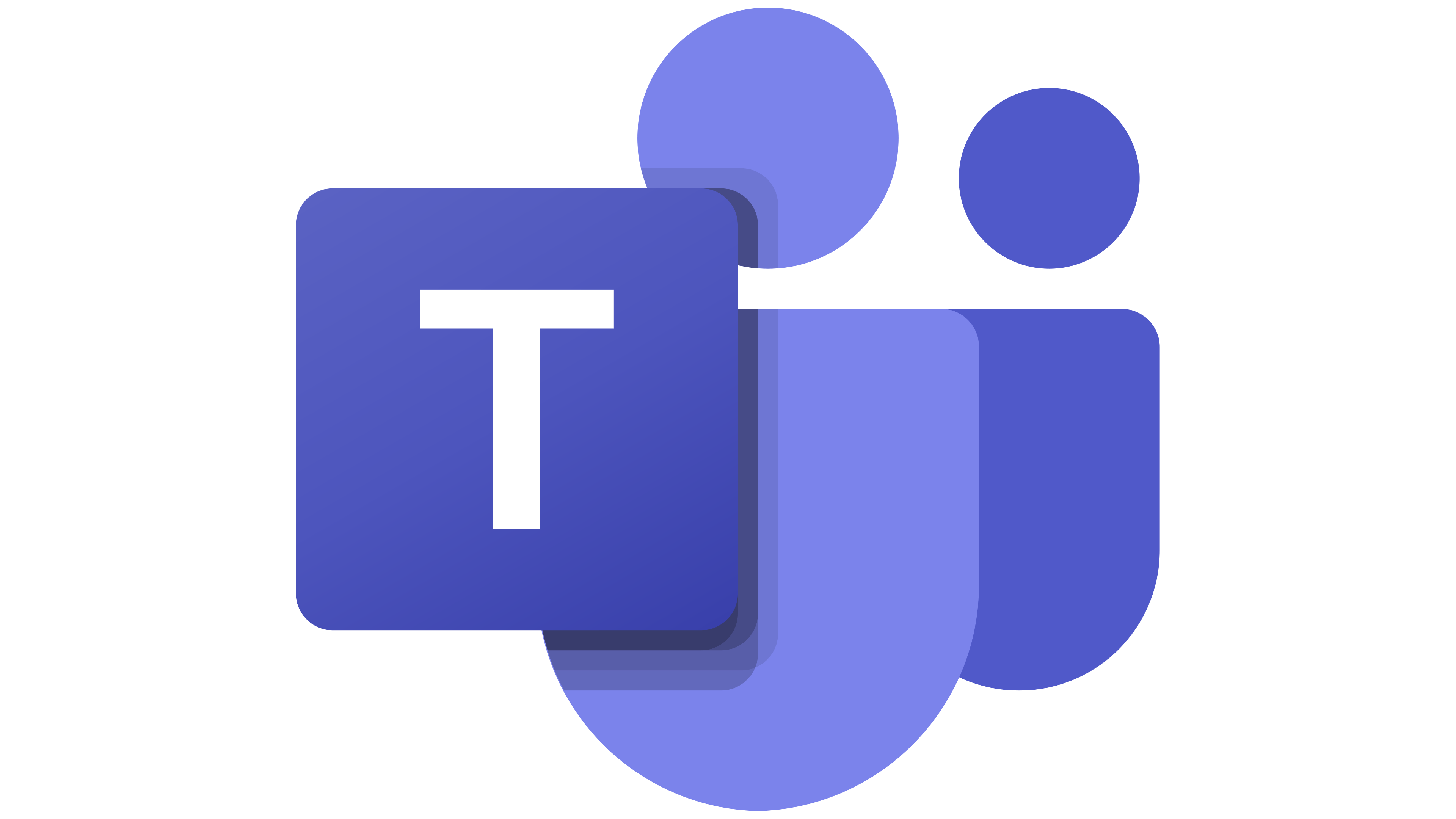On July 15 of this year, CNN reported that the Global X Robotics and Artificial Intelligence ETF (BOTZ) is up 30 percent this year. That’s big, considering the DOW is only up 9%.
Investors are moving their money into Robotics and Artificial Intelligence (AI) because they expect those technologies will have a huge impact on the way work gets done. And undoubtedly, they will.
In the past, technologies have enabled us to automate manual, low-thought tasks. Human did the work that required medium to high levels of thought. People like you and me can interpret information, and make the correct decisions in ways that machines can’t.
The Impact of Artificial Intelligence and Robotics on Work
While technology has enabled an array of physical and low-thought automation, most of the “mental automation” has been left to us humans.
But AI and Robotics are expected to change that. Much of the mental processing, interpretation, decision-making and subsequent actions that you and I do today will be done by technology tomorrow.
OK, probably not tomorrow, and probably not next year. But HR Service Delivery is going to be done very differently in 10 years, if those investors are right.
Exactly how different?
How will AI and Robotics affect the HR Service Center?
What specific changes will occur?
What will the Service Center look like?
How will it operate?
How will the changes affect the people who deliver the service, and those who receive it?
Will Chat Bots replace the agents in Tier 1?
Will Tier 1 become the new Tier 0?
Will Knowledge Base articles be defined, written, published, revised, and meta-tagged by Machine Learning?
Will Robotics determine if an employee is eligible for Tuition Reimbursement, approve the amount, and make the entry in the payroll system?
Will an HR Professional in a Center of Excellence ask a “Siri” to develop a training program for new sale reps?
It’s hard to imagine the human element being less prevalent in Human Resources. But if the investors are correct, it will happen. How much though, it’s hard to say.
What will HR Shared Services be like in 10 years?

 Microsoft Teams
Microsoft Teams
 Workday
Workday
